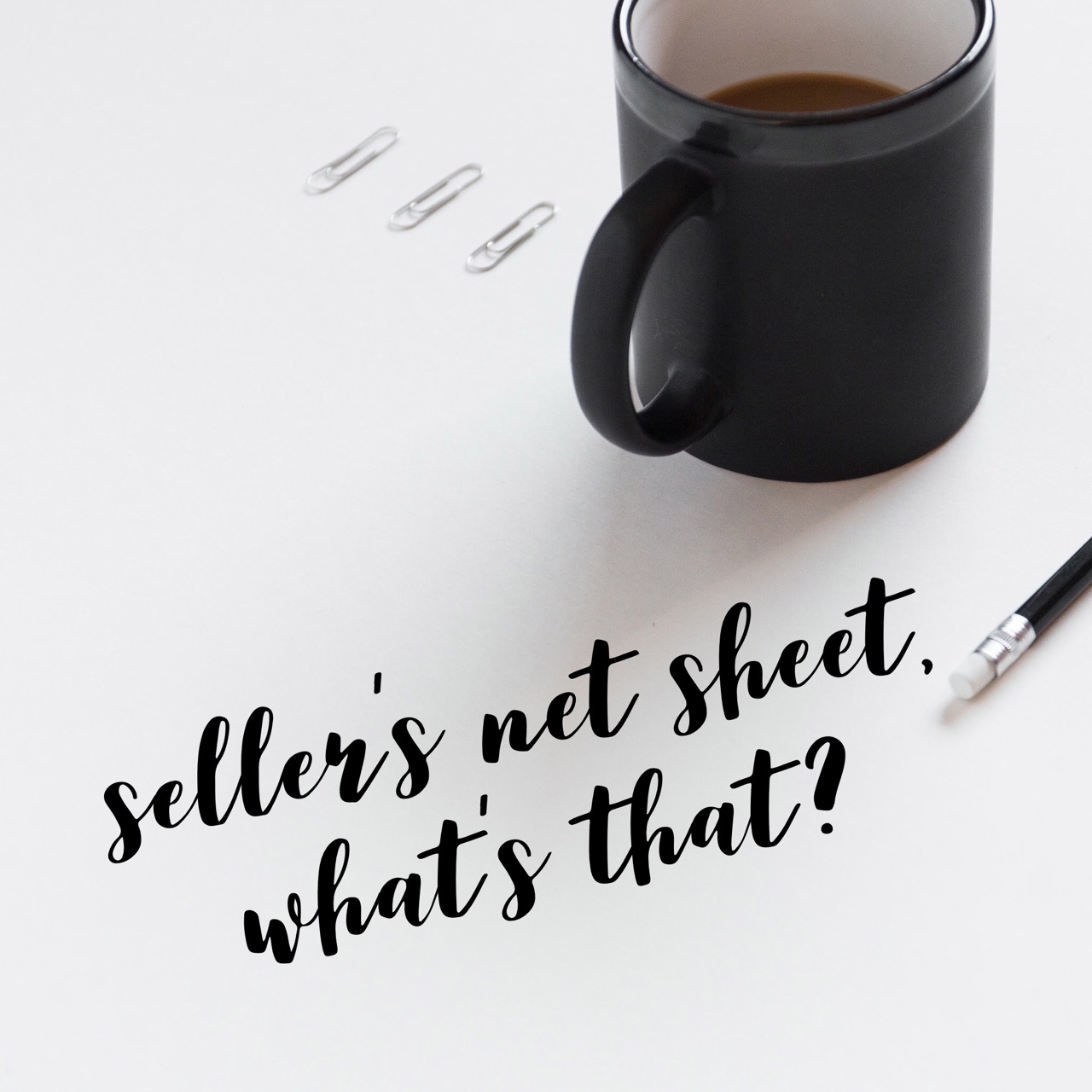A seller’s net sheet is document used by title companies, Realtors, and other real estate professionals to give a home seller an accurate estimate of the net proceeds they will realize from the sale of their home. This is the actual amount of money the seller will take as a result of the transaction. Some […]




